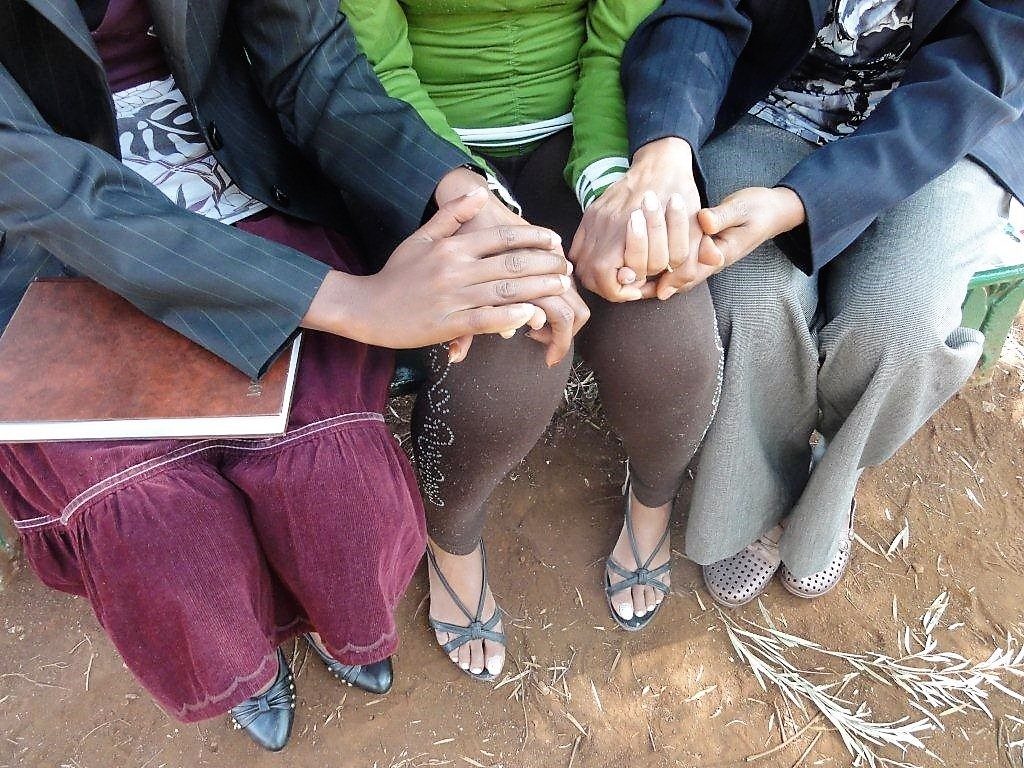
Eritrean Christians are calling for 18 September to be a special day of prayer and fasting, marking the Tuesday in September 2001 when the government began a clampdown on rights campaigners and journalists.
“That was the day rights and freedoms were curtailed and comprehensive repression began in earnest in Eritrea,” said Christian Solidarity Worldwide’s Chief Executive, Mervyn Thomas. It was a day “when pro-reform politicians and independent journalists were detained incommunicado and indefinitely in secret detention facilities, where several are thought to have died”, he added. Journalists refer to the date as “black Tuesday“.
Among the many people imprisoned are “hundreds of Christians”, sometimes in what CSW has described as “notoriously harsh prisons”.
The arrests of Christians has escalated in the past year, as World Watch Monitor has reported. A new wave of arrests that began in May saw the number of Evangelical Christian prisoners rise to more than 200. Evangelical and Pentecostal Christians are at particular risk of the authorities, following a 2002 law prohibiting Christian practice outside of the Orthodox, Catholic and Evangelical Lutheran denominations, as well as Sunni Islam.
Meanwhile, there are new concerns for the Eritrean Orthodox Patriarch, Abune Antonios, who, after 10 years under house arrest, failed to deliver the traditional Geez New Year blessing on 11 September. (Geez New Year is marked by the Eritrean Orthodox Church as the start of the year, according to the Julian calendar.)
The fact that Patriarch Antonios did not deliver the New Year message “is the biggest sign that he is still not restored fully to his position”, sources told CSW. The Patriarch’s first appearance in public in a decade at a church service on 16 July sparked speculation about his release from house arrest, but this was dismissed as “figleaf” and an attempt to cover the country’s “appalling human rights record”.